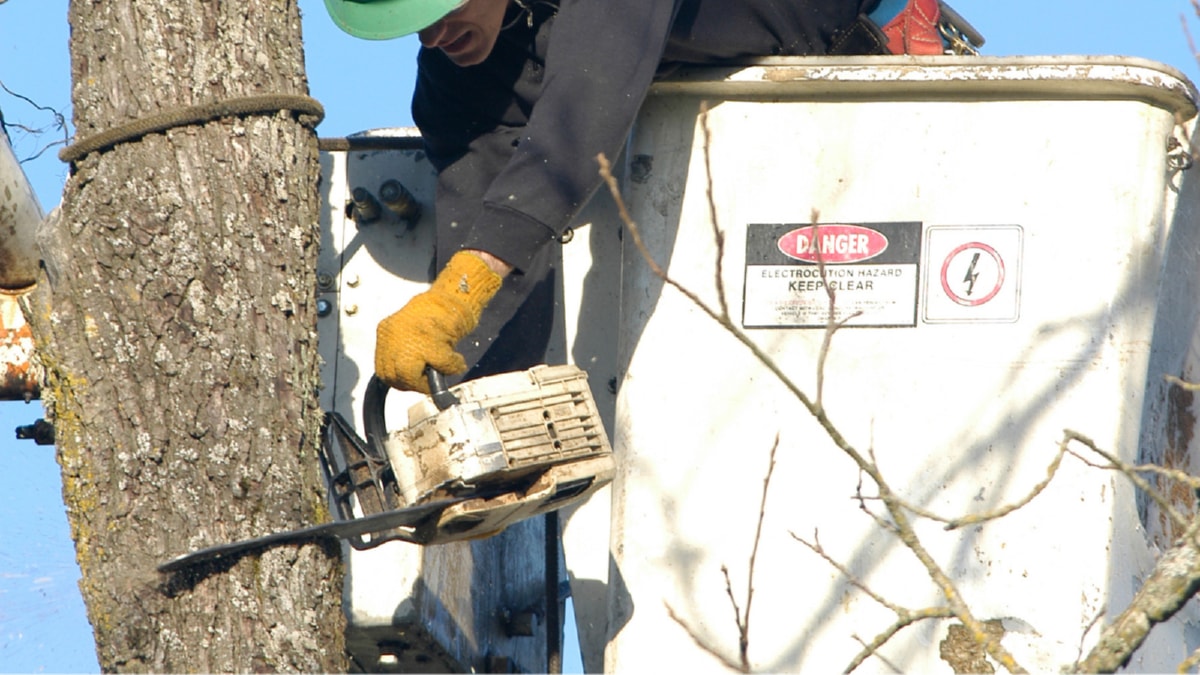Architectural administration is a specialized field that combines construction expertise with business acumen. This article aims to provide an understanding to mastering the essentials of construction administration strategies.
Administration in construction is not just about overseeing the physical construction. It also involves designing the project, overseeing the budget, organizing the workforce, and guaranteeing that the project meets the desired quality, safety, and regulatory standards. Therefore, it requires a range of abilities from construction proficiency to budgeting, workforce coordination, and safety assurance.
Successful building management strategies begin with careful planning. This involves identifying the project’s scope, defining the project’s objectives, and creating a detailed project plan. This plan should include a roadmap, a budget, a list of necessary resources, and a risk management plan. The precise definition of these aspects can greatly minimize potential risks and confirm the project’s successful completion.
Another crucial aspect of construction administration is efficient communication. Clear and regular communication between all project stakeholders, including the client, the architect, the contractor, and the workforce, can ward off misunderstandings, reduce errors and delays, and guarantee that everyone is on the same page regarding the project’s objectives and progress.
Overseeing the project’s progress and managing changes is another significant aspect of architectural administration. This involves observing the project’s progress against the plan, spotting potential issues, and executing necessary changes to confirm that the project stays on track and within budget. It also involves dealing with any unforeseen changes or problems that may arise during the construction process.
Lastly, efficient architectural project management involves confirming quality and safety. This involves enforcing quality control procedures and safety standards to confirm that the final product meets the desired quality standards and that the construction process is safe for all workers.
In conclusion, construction project management is a complex field that requires a wide range of skills, from technical knowledge to leadership abilities. By implementing these approaches, professionals can effectively carry out construction projects on time, within budget, and to the desired quality and safety standards.
For more details, check best Kerbing service Kildare Galway Limerick Mayo Offaly or visit their business listing here.



